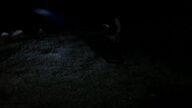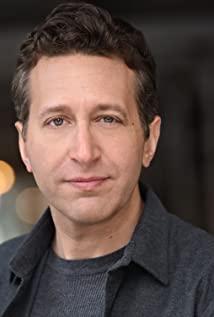I still have some doubts about some parts.
For example: Why can't you be convicted if the head is not found?
There is no objection that the neighbor died in front of Durst, then the proof is the key evidence of self-defense - the head was hidden or lost by Durst, then Durst should have the burden of proof.
Just like a car accident, escaping and destroying the scene are generally fully responsible.
In this case, it was not just escaping and destroying the scene, but the act of the killer, who carefully covered up the scene, dismembered the body, and hid the head. . .
According to the logic of this case, it is very simple to kill anyone, invite him to his home, kill him with his own gun, then dismember the body and hide it. If the body is found, it is said to be self-defense.
Well, reinsurance point, after killing it, if it is troublesome to deal with the body, then cut off the head, it is not difficult to hide a head. He then called the police, saying it was self-defense, and then said that he couldn't remember his head, or that he was thrown into the river, and asked the police to find him, but he couldn't find it if he tried to die. . . . And then acquitted? !
this. this. . this. . .
okay?
View more about The Jinx: The Life and Deaths of Robert Durst reviews











